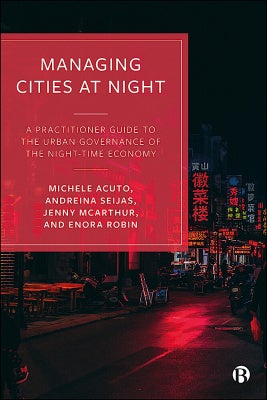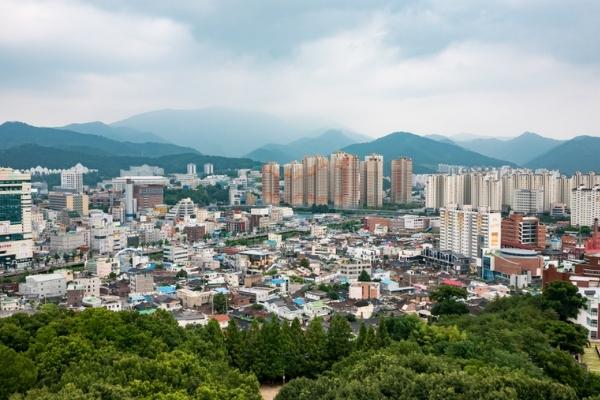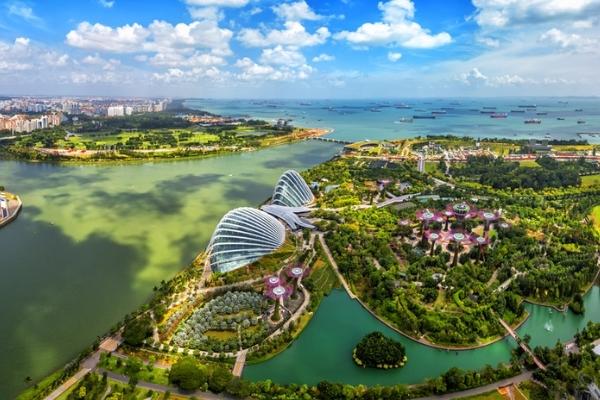Networking Asian cities in a time of crisis
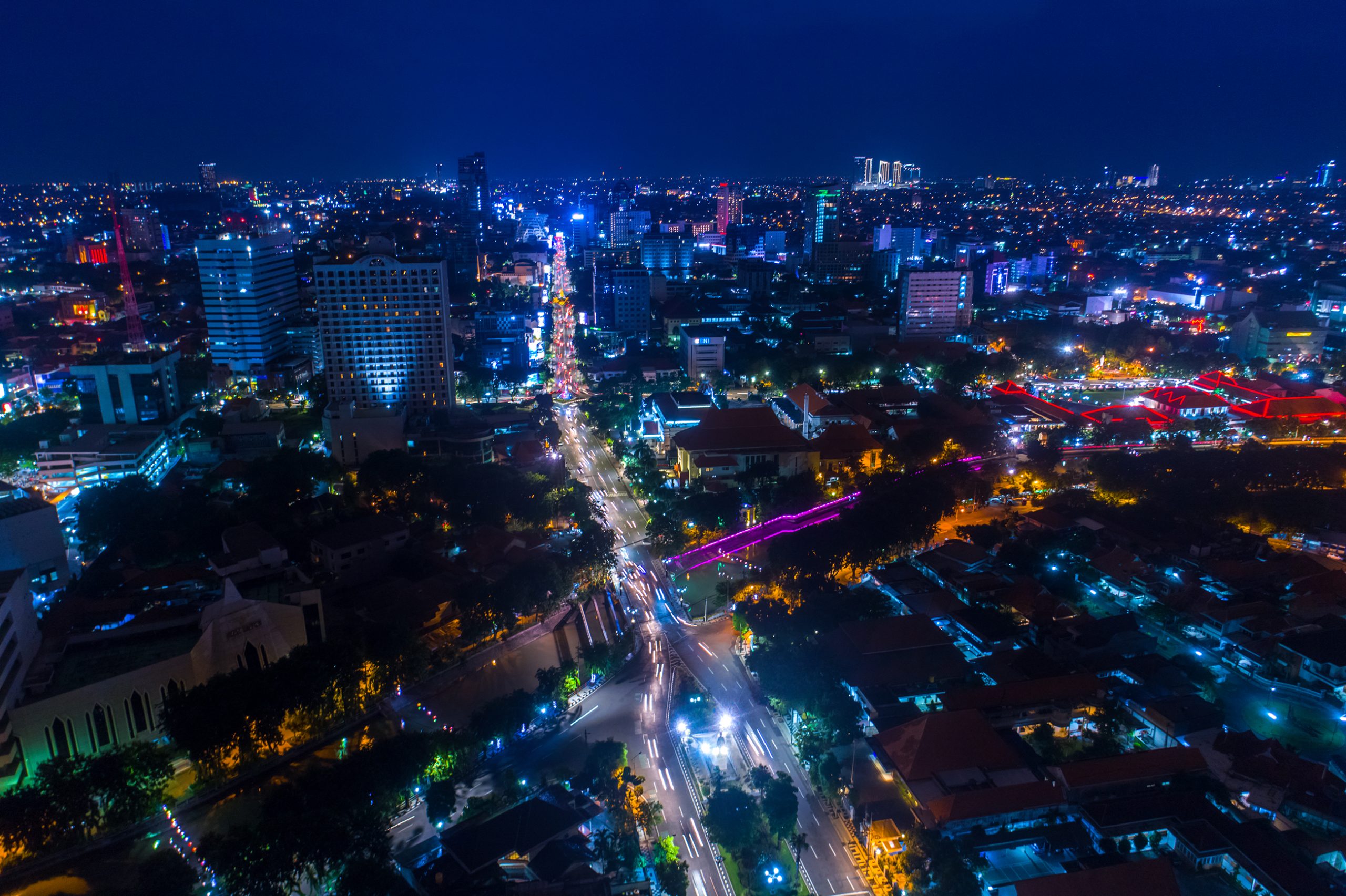
This blog is based on an Asia Trends Lecture hosted by ARI on 24 September 2020.
It might seem paradoxical to speak of international ‘city networks’ in a time when global logistics are but a spec of what they were in 2019. That the Covid-19 pandemic crisis has recast in deep ways the connected ways in which an increasingly urbanised planet had been operating up until early January 2020 is a well-rehearsed truism these days. Yet global conversations in multilateral, economic, health or indeed general public audiences have to date paid limited attention to the active role of cities not just as theatres of the crisis but as key actors in pandemic response.
When this attention emerges in headlines, it often falls prey of easy ‘urbanist’ agendas centred on simplistic stories about innovation, often blind to the deep inequalities and multi-layered governance complexities of urban areas the world over. Critically, we need to attend to a complex (eco)system of networked city relations if we are to understand the shifting dynamics of crisis recovery at the city level – an ecosystem I aim to briefly chart in this blog from an Asian urban perspective.
A networked ecosystem
The last three decades had been witnessing a steady rise in the formalisation of ‘city networks’ as international urban exchange mechanisms. These are institutionalised networks whose membership mainly comprises focused local governments. They might be started by cities themselves, the likes of Mayors for Peace, or by other actors such as philanthropic institutions including 100 Resilient Cities or multilateral actors, like UNESCO Creative Cities. Ahead of the Covid-19 crisis, global trends shaping the internationalisation of city leadership on this networked front were clear. We had been witnessing the:
- emergence of more and more networks now numbering in the hundreds, with
- several regularly featuring on major multilateral stages,
- a diversification and specialisation in this growing network populace, and
- a general dominance of environmental and governance issues on their agendas.
These processes have been key in impacting the aspirations of city leaders across the region. They have been shaping the imagination of what urban innovation and development are about for many in positions of power in cities across Asia (and beyond). They have facilitated the emergence of circuits of policy mobility, transnational engagement, urban experimentation and exchange that have been fuelling the popularity of entrepreneurial modes of urban governance in cities big and small.
The growth of this system of networked municipal collaborations has been driving decisively towards a more globalised rationale for managing cities internationally. It has been stimulating local leaders from across the political spectrum to step beyond advocacy and lobbying and progressively into networked urban governance stances. Asian mayors and local governments are no exception, even in tightly controlled realities like that of China, Central Asian countries or Myanmar. Besides, networking across borders is not just a ‘global city’ affair. As of 2019 the total international network membership accounted for at least 10,536 local and metropolitan authorities member of at least one such network.
Here in the region, we see an important story of mid-sized and smaller cities across the region taking part in the leadership and operation of networks, like Catbalogan in the Philippines at the vice-presidency of ICLEI Local Governments for Sustainability and Surabaya in Indonesia at one of the United Cities and Local Governments (UCLG). The regional picture seems, at least pre-Covid-19, relatively well aligned to this global landscape.
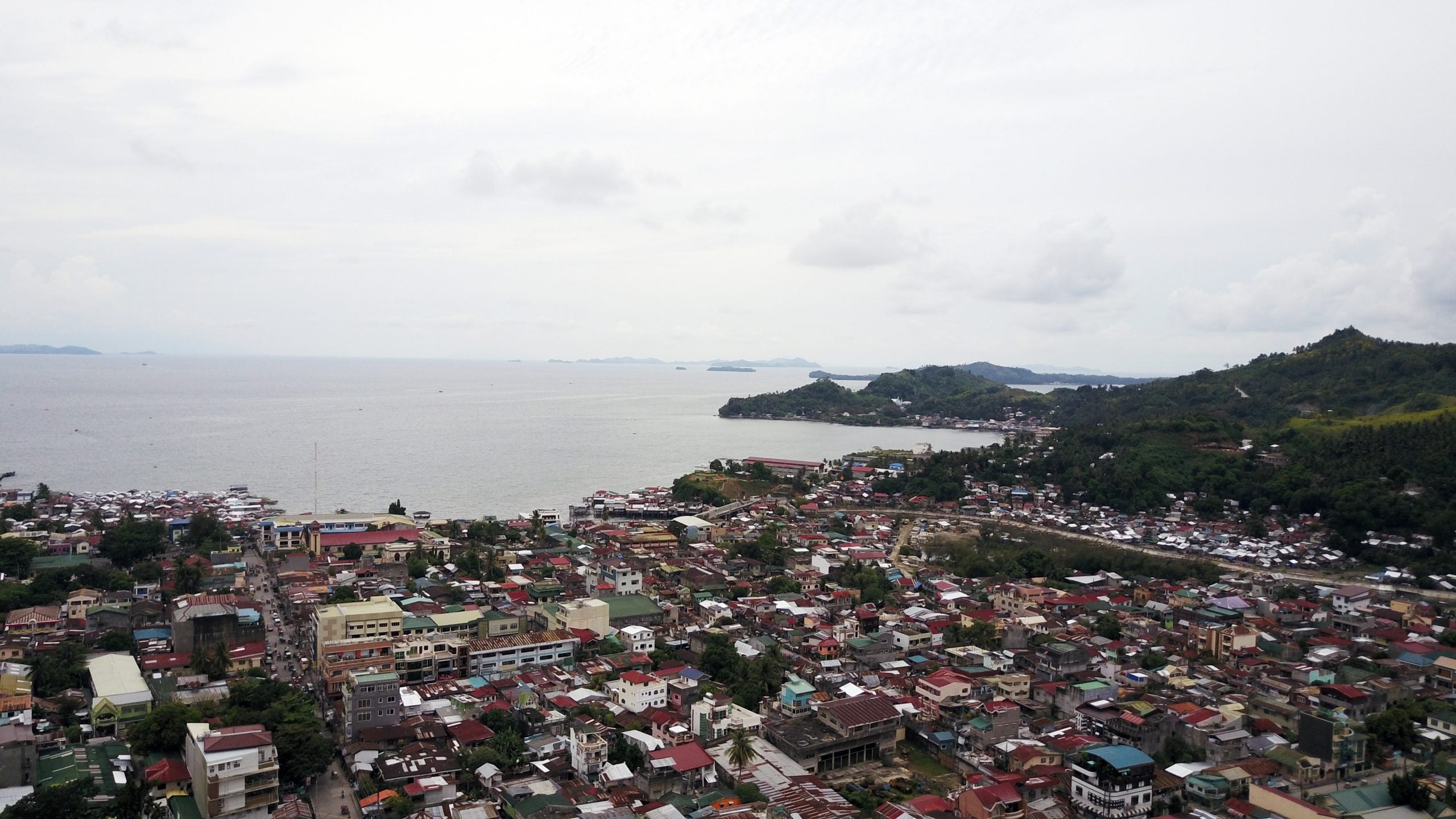
Asian cities had been long involved in the development of municipal coalitions to advocate for global issues as well as to proliferate twinning and policy mobility channels both regionally but perhaps even more markedly internationally. A regional impetus was behind one of the largest-to-date mayoral campaigns like Mayors for Peace and regional chapters of large networks like UCLG or UNESCO Creative Cities are well-established realities regionally.
Within this context we can confidently speak of key regional pivots for major city networking initiatives. For instance, when it comes to culture and the environment, the likes of Hong Kong (at least pre-unrests) and Seoul, but also Jakarta and Kuala Lumpur, are often engaged in major networks like C40 Cities and often close to the heart of their governance. Yet there is also a relatively proactive and to some degree expanding group of other cities such as Yokohama, Ho Chi Minh City, Bangkok, Dhakka or Shanghai, to name a few, that are increasingly engaged in these networks.
Overall, the participation of Asian cities in international city networks is far from negligible. Urban entrepreneurialism in multilateral affairs has been common throughout the region, with major cities playing theatre for the engagement of local authorities in global agendas, from the 2016 Shanghai Mayors Consensus on ‘healthy cities’ and SDGs, or the 9th World Urban Forum for the New Urban Agenda in Kuala Lumpur in 2018, to name but two cases.
Not just networked ‘cities’
Yet city networks are but a part of a larger story. The last few decades have seen a proliferation not just of city networks but also of what have been termed “trans-local” coalitions of urban dwellers and bottom-up community advocacy groups. These, as with Slum Dwellers International, have been playing an important part not only in terms of campaigning for often marginalised voices but also in the emergence of circuits of alterative (often progressive) urban knowledge, exchange of local practices and mobilisation of external resources toward local action.
Networks like WIEGO (Women in Informal Employment: Globalizing and Organizing), connecting internationally localised and national initiatives supporting women in informal employment, have been central in leveraging attention and support across a multiplicity of complex constituencies. If the performance of city networks in Asia has been somewhat unremarkable thus far in crisis response, barring a few particular exceptions, within the context of Covid-19 trans-local coalitions have instead been critical to drive response to the crisis especially amongst the most vulnerable Asian urban dwellers.
WIEGO, for instance, has been focusing on keeping track of informal workers' needs and demands by facilitating access and knowledge about emergency government responses that can provide some form of social protection. Typically, these advocacy networks have been particularly proactive in facilitating a continuing exchange amongst these types of vulnerable communities, navigating complex and fast changing governmental processes, and supporting often mounting critical needs response in a moment where their key ‘constituents’, perhaps differently from municipal governments in city networks, have been struggling even more to make ends meet.
Alongside these, the landscape of UN agencies and other international organisations remains central to global urban governance. Across Asia, multilateral actors like the Asia Development Bank, UN Development Program or UNESCAP (the UN Economic and Social Commission for Asia and the Pacific), along with the South Asia and Western Pacific Offices of the World Health Organisation, have been tightly involved in the crisis, but with varying degrees of attention to urban issues and generally building on pre-existent programs.
Amongst these, interesting intersections with the trans-local coalitions depicted above begin to emerge clearly. For instance, Senior International Monetary Fund staff have also proposed a ‘new deal’ for informal workers across Asian cities, recognising their centrality in the workforce composition across lower income countries in the region. Yet generally, despite mounting recognition of urban (or even better urban equality) issues, the formalisation of the role of cities in the work of multilateral entities remains at best rudimental and opportunistic, especially in a region where many key state actors still hold important clout over their local ‘authorities’.
The ecosystem and the crisis: shifting aspirations?
The confluence of these various spheres of ‘global’ urban governance, from the networks to the multilateral and the trans-local, has materialised in a variety of now well-known international ‘urban’ initiatives like the Cities Alliance, but also new and emerging realities like the Mayors Migration Council and development fund-driven large research consortia like those of the UK’s Global Challenges Research Fund. Notably, most of these have fast pivoted toward explicit support of the Covid-19 response, often prompting major regional ‘knowledge’ and policy exchange actors to take even more explicit mediation and advocacy roles towards vulnerable urban communities.
Overall, then, we could argue that this is an ecosystem that fundamentally affects the ways in which cities large and small are governed today. Yet, in the midst of the crisis, in Asia as much as elsewhere, this reality has been both a source of productive connections working across multiple scales of governance as much as driver of tensions between local and other scales. In many countries in the region and beyond central-local tensions have for instance been heightened by patchy management of the pandemic and pre-existing regional geopolitical tensions.
Within this connected geography, and with limited presence in the leadership of city networks, many Asian cities risk of remaining (as an early 2000s study put it) still very much ‘policy-takers’ rather than policy-makers. The crisis and its reporting have perhaps put even greater emphasis on the value of ‘models’, ‘solutions’ and the fetishism of paradigmatic. Whilst I remain a firm supporter of the cosmopolitan value of cities thinking of themselves ‘in a world of cities’ and in relation to urban governance experiences of contexts other than theirs, it is important to underscore how the search for effective Covid-19 local responses also plays in clear favour of an expanded, strengthened and often problematic market for urban solutions. More generally, the evolution of this system throughout the current crisis will be central to the direction that the aspirations, urban imagination and tangible policy exchanges (if not experiments) of Asian city leaders will take.
Crucially, this is not just a city (read: city leaders’) imagination, but rather a broader and still deeply networked urban imagination even in a world most at a locked-down distance. Within today’s Covid-19 urban geography it becomes apparent how the demands and advocacy of urban equality-oriented institutions is ever more urgent. Perhaps even more so seen the wide disparities brought to the fore by its economic downturn and impact of vulnerable urban livelihoods, transnational urban institutions, as in the case of the Habitat International Coalition or the Asian Coalition for Housing Rights, have been playing a critical part in shaping responses, policy mobility and resource mobilisation across countries and complex regional politics like those of Southeast Asia.
It becomes central to recognise how these groups have been a source of critical urban knowledge exchange, and of alternative modes of imagining inclusive crisis recovery than many of the ‘urbanist’ agendas that have crowded the pages of major media. Luckily, many networks based on solidarities between city leaders, as with the Mayors Migration Council for example, are putting forward similarly progressive urban aspirations. Yet to realise these, from either the geographies of networked city leadership or networked trans-local action, we need to start accounting for the reality that these connections take place in an ecosystem not just of city networks but of global urban governance, where state interests, private and philanthropic influences, and still very national and local politics, also play out fundamentally in the region and beyond.
The views expressed in this forum are those of the individual authors and do not represent the views of the Asia Research Institute, National University of Singapore, or the institutions to which the authors are attached.







